Transferable Skills to Include on Your Resume
In all of my conversations I ever had with mentors and with those who come to me for advice, is a deep fear and confusion of how to properly convey your experiences and skills when you're switching fields or applying to positions slightly outside of your area. You’ll hear people say it comes down to transferable skills (and this is true), but what does this mean?
Transferable skills are capabilities you possess that are relevant to a multitude of industries and positions. For example, project management skills, leadership, and teaching skills may be applied to very specific industries, but would also be easily useful in another. Hard skills like foreign languages, certain coding languages, or software proficiency are fairly common transferable skills that you can find on different job postings. These are fairly recognizable transferable skills, but likely there are some you’re overlooking, especially soft skills, which are usually social, communication, & emotional intelligence geared skills.
A quick note, as much as possible, try to incorporate these skills into your resume when listing your experiences as examples of what you have gained from them. Sure you can have public speaking as a skill, but it's best if you can demonstrate how you used it.
Here are a few of the top skills that you can transfer to any field:
Leadership Skills
Whether this is from being President of a club, through teaching, mentoring incoming students, or whatever it may be, leadership skills are transferable to every single field. These are skills that are usually gathered through time and experience and are so incredibly valuable.
Bonus Tip: if you’re trying to revamp your resume, you can make a section titled “Leadership Experiences” to specifically highlight these roles.
Critical Thinking & Argumentation
This is especially important for my humanities and social science friends. One of the most important skills we learn in our classes at university is how to form and ask questions, think about big questions, form an argument and know how to back it up with data and research. Persuasion and problem solving is an art and one that I guarantee you'll use in every single role you hold.
Project Management
Project management skills are required to successfully plan, manage, and execute various projects. On a small scale, this could be hosting a networking event for a club. A large-scale project could be something like an annual event that has thousands of guests. This is a skill that can break down further into more specific skills, so keep that in mind too. The point is to emphasize how you have been able to manage resources, schedules and complete a project successfully and that you would be able to do it elsewhere.
Oral & Written Communication
These are probably the most valuable skills you can have in my opinion, since strong communication is key to effective project management, leadership, and teamwork. The ability to share information with others by both speaking and writing is vital in the workplace. This can go beyond conveying research effectively, but also in how to talk with employers, employees, ask questions, and how to read body language are all included within the communication umbrella.
Teamwork
Being able to work well with others is one of the top skills employers look for. Look for places to highlight collaborative work or partnerships in your experiences and mention the size of your team. For example, say you were putting on an event in your role that included lots of other departments, like marketing, catering, etc. Being able to demonstrate on your resume that you were able to collaborate with team members from various departments to successfully execute an event shows you’re able to handle conflict resolution, active listening, leadership, etc. Make sure you quantify your responses with numbers where applicable!
Of course these just scratch the surface and of course there are more specific ones for each industry and field of study, but hopefully these will help you consider how to pitch yourself!




